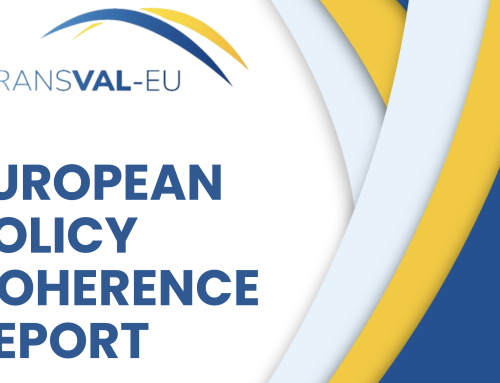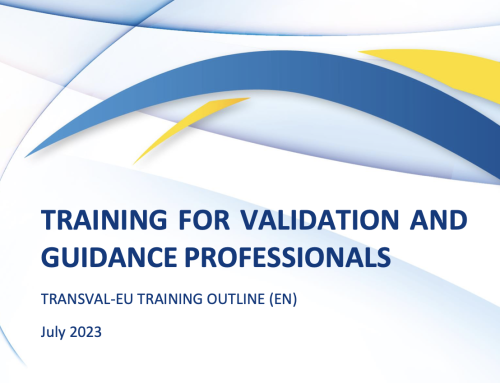The National Context for Validation in Italy
In the Italian system, transversal competences are not yet fully integrated in the process of validation of non-formal and informal learning, although they are mentioned in the descriptors within the National Qualification Framework, for their capacity to typically describe the qualifications included in the different EQF level. In addition, it is worth mentioning that ANPAL, the National Agency for Active Labour Market Policies in its role of National Qualification Body, is currently developing a set of specific descriptors about the digital competences which will be functional to inform the related validation processes.
In this context, due to the fact that validation processes are governed at regional level with formal and appropriate references to the National Qualification Framework, a challenge is also represented by the heterogeneity of the validation systems across the country, in terms of both the entitled bodies identified and the specific procedures to manage it. In a nutshell, regions can be classified into three groups:
- Regions in an exploratory phase. In these regions a strategy for validation is emerging (experience in projects, programmes, types and training sectors), but is not yet publicly formalised and institutionalised;
- Regions in a formalisation phase. In these regions, the strategy for validation has been formalised and/or have led to the development of a regional system of certification (not implemented yet);
- Regions in an implementation phase. In these regions, the strategy of validation has been fully formalised and institutionalised as a regional system; the services are currently in development or already offered (to all citizens or to specific target groups).
Indeed, so far the regional entitled bodies can validate and certify exclusively the competences that are part of the qualifications inserted in their Qualification Frameworks, which are referenced to the national one. This implies that, until now, there isn’t a legal framework in Italy that allows the identification, validation and certification process of transversal competences, unless in the form of a sub-descriptor of general and technical competences.
In this scenario, the piloting activities of the TRANSVAL-EU project to be implemented in the regions of Umbria and Tuscany are strategic. Italian partners FORMA.Azione, Pluriversum and ARPAL (Regional Agency of Active Labour market Policies) are convinced that the project will speed up the process of systematization of the validation system at regional level thanks to the training opportunities for VNFIL professionals and the field trial. Also, it might inform and be a stimulus for the inclusion of transversal competences in the validation set of rules at national level.




